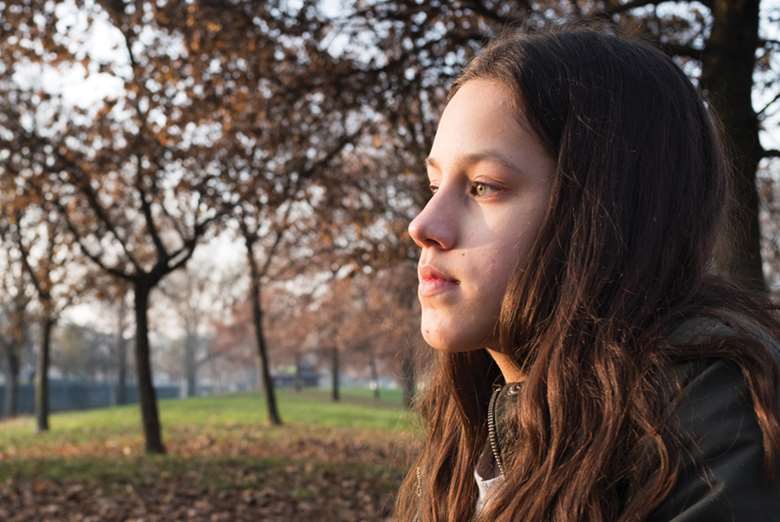Quarter of children in care unable to access mental health support during pandemic
Joe Lepper
Wednesday, March 23, 2022
More than one in four children in care in need of mental health support struggled to access help during the Covid-19 pandemic, research has revealed.

Among 11- to 18-year-olds in council care surveyed, 27 per cent of those in need of mental health support either did not seek help or had their request denied during 2021.
Around a fifth of children in need of help did not, or were unable to, access support in 2020, the research by the University of Bristol also found.
-
Best practice: How mental health support finds its place in schools
-
Therapeutic Communities: Special Report
Among those able to access support, a quarter said that the level of help increased during the pandemic. But in 2020, 29 per cent said they no longer had access to mental health services. The proportion who no longer had access to support was 22 per cent in 2021.
Researchers warn that mental health support is particularly needed for children in care, due to the trauma, abuse and neglect they may have suffered.
During 2020, more than a fifth of children in care were at “high risk of experiencing mental health difficulties” and in 2021 this proportion increased to 24 per cent. Among the general population amid the health crisis, the proportion was one in ten.
Without support for this vulnerable group of children problems can escalate, the research suggests. They found that one in five children and young people had self-harmed before and during the pandemic.
One in four children in care reported being bullied, while between a third and a quarter had been excluded from school during the pandemic.
“It is concerning that a significant proportion of children and young people did not have the mental health support they needed,” said lead author Dinithi Wikedasa, who is a senior lecturer in policy studies at the university.
“This has important implications for how local authority children’s social care teams assess the mental health of children and young people on a continual basis, facilitate better access to support, and educate children in care more about mental health and how they can ask for support.”
The Understanding Society Covid-19 Youth Survey involved the views of more than 1,300 children and found that those with positive relationships with friends, carers and social workers “were more likely to have better mental health”.
Living with a sibling is also beneficial to looked-after children’s mental health, however the majority of those in care with at least one brother or sister do not live with them, adds the research.
But frequent placement changes and the length of time in care “were not found to have any significant influence”.
“This is very interesting as our findings show that irrespective of the length of time in care or the number of previous placements, what matters most to the mental health of children and young people is the continuity, stability, and quality of relationships with key people,” added Wikedasa.
Commenting on the findings CoramBAAF Adaoption and Fostering Academy policy, research and development director John Simmonds said: “Experiences of abuse and neglect can have profound impact on these children in both the immediate and long term.
“Such issues must be recognised in the care provided and the messages in this study could not be clearer.
“Services provided to children in care must be informed by detailed understanding of mental health and integrated into every individual child’s care plan. The next step must be to act – they need and deserve no less.”




